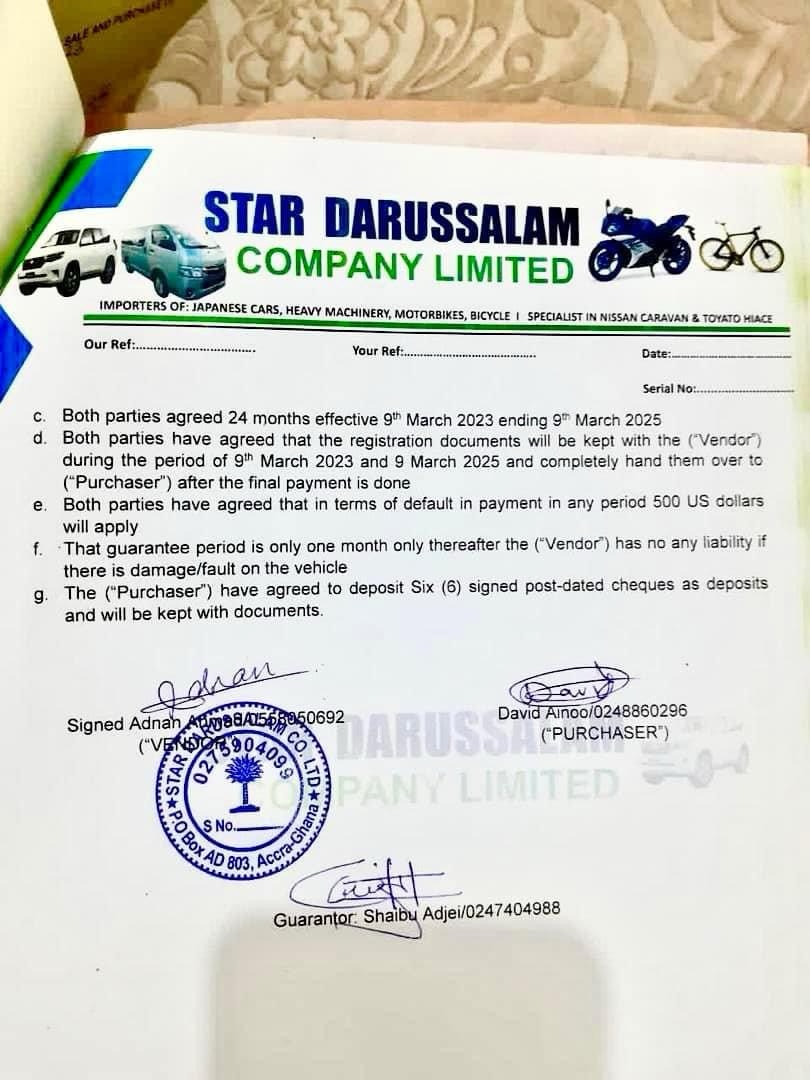The GRNMA Strike: A Fight for Dignity, Not Just Documents

💥 The GRNMA Strike: A Fight for Dignity, Not Just Documents
By: Ibrahim Seidu | Ibrahimnews.com
In the heart of Ghana’s healthcare system, nurses and midwives continue to form the backbone of service delivery. Yet, they are once again in the headlines—not for their compassion or tireless dedication, but because they are on strike. And not without reason.
Let’s take a moment to unpack the timeline and key issues behind the ongoing industrial action by the Ghana Registered Nurses and Midwives Association (GRNMA).
📜 The Journey So Far: From 2016 to 2024
The first official Conditions of Service (CoS) for nurses and midwives was signed in 2016. While this was a historic step, its implementation was delayed. It took persistent advocacy and pressure before it was enforced.
In 2020, GRNMA successfully renegotiated a better version of the 2016 CoS. However, true to history, its implementation was only realized after a nationwide strike, highlighting how the welfare of these essential professionals often takes a backseat.
The 2020 CoS expired in 2022, leading to a fresh round of negotiations in 2023. After nearly a year of back-and-forth, the new CoS was finalized and signed in May 2024, with an agreed implementation date of July 1, 2024.
⚖️ Court Injunction & Unwanted Delays
Just when nurses and midwives anticipated progress, the Union of Professional Nurses and Midwives, Ghana (UPNMG) secured a court injunction, arguing they had been excluded from the negotiation process. This halted implementation until the case was settled in February 2025.
By then, expectations were high. But once again, the employer requested time to go through “bureaucratic processes”—further delaying the CoS rollout.
😤 Foot-Dragging and Frustration
Despite a clear roadmap and signed agreement, the employer showed a lack of urgency in implementing the CoS—a document that is valid until 2026. Ironically, other health sector professionals have had their agreements approved and implemented without delay.
Throughout this time, the National Labour Commission (NLC) remained passive—failing to intervene or ensure fairness—until GRNMA members pushed leadership to declare a strike.
💬 Undermining the Profession
Instead of resolving the matter, the Minister of Health reportedly suggested that the gap created by the strike could be filled by rotation nurses, EMTs, and leaders of minor associations (some practicing abroad). This statement has been widely criticized as insensitive and dismissive of the role played by professional nurses and midwives in Ghana’s healthcare system.
📢 The Strike Is On

By the second day of the strike, the Labour Commission declared the action unlawful, despite watching on silently during GRNMA’s red-band warnings and pre-strike mobilization.
The unwillingness of the Ministries of Health and Finance to sign and implement the agreed CoS is worsening tensions and risks turning this strike into a full-blown national health crisis.
✅ What Needs to Happen Now
The solution is clear:
Implement the signed Conditions of Service—without delay.
Nurses and midwives have waited long enough. They have been patient, professional, and persistent. What they now demand is not luxury—it is fairness, respect, and dignity.
Written by: Ibrahim Seidu
📍 Published on Ibrahimnews.com


